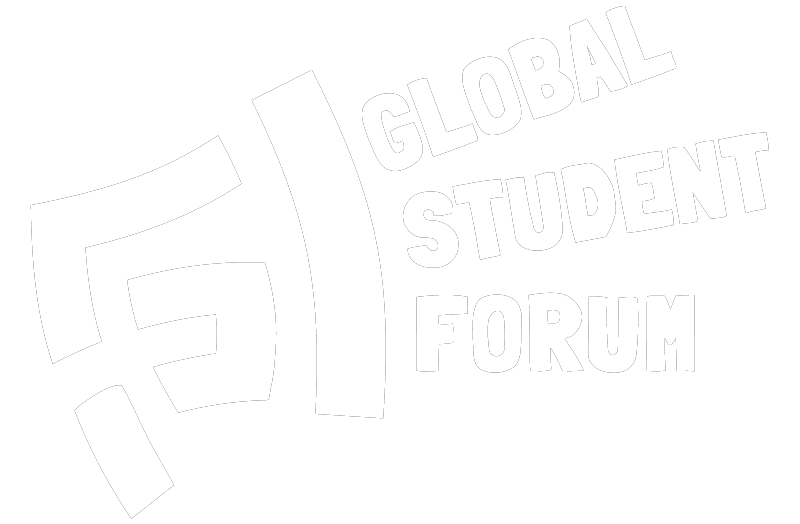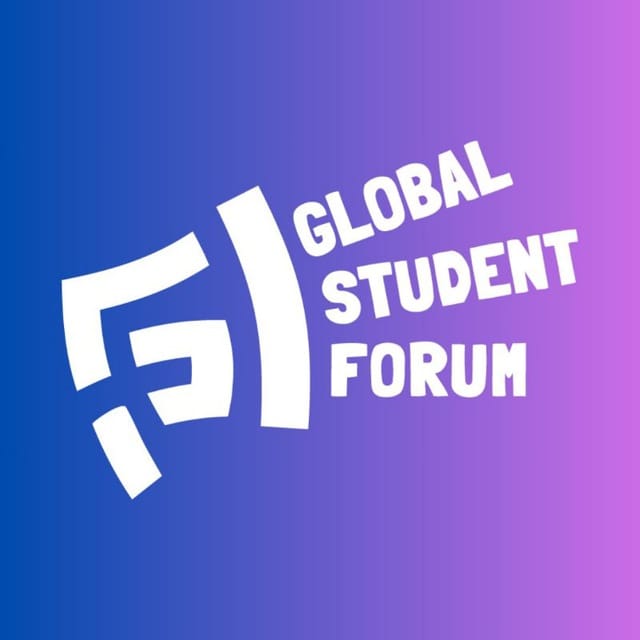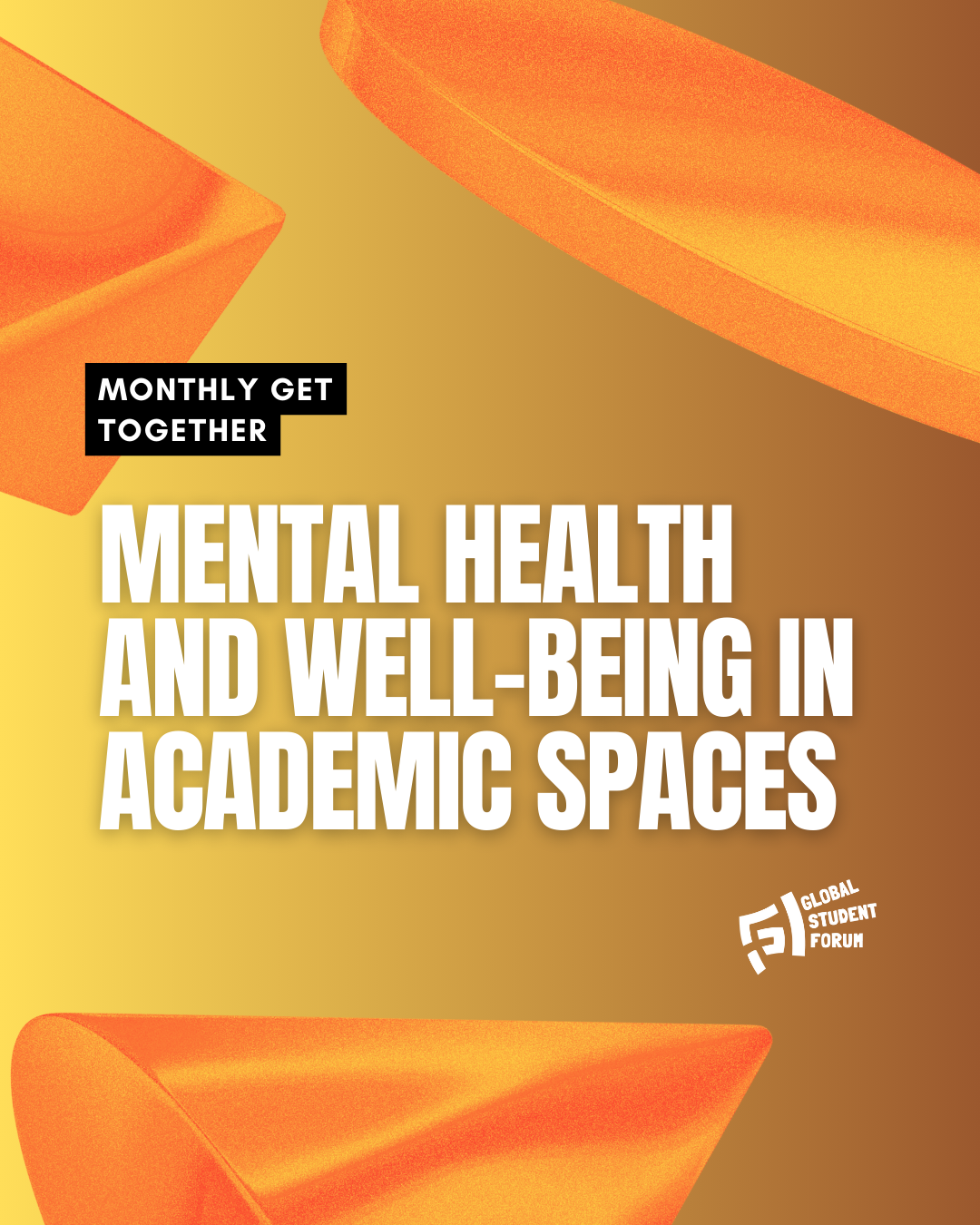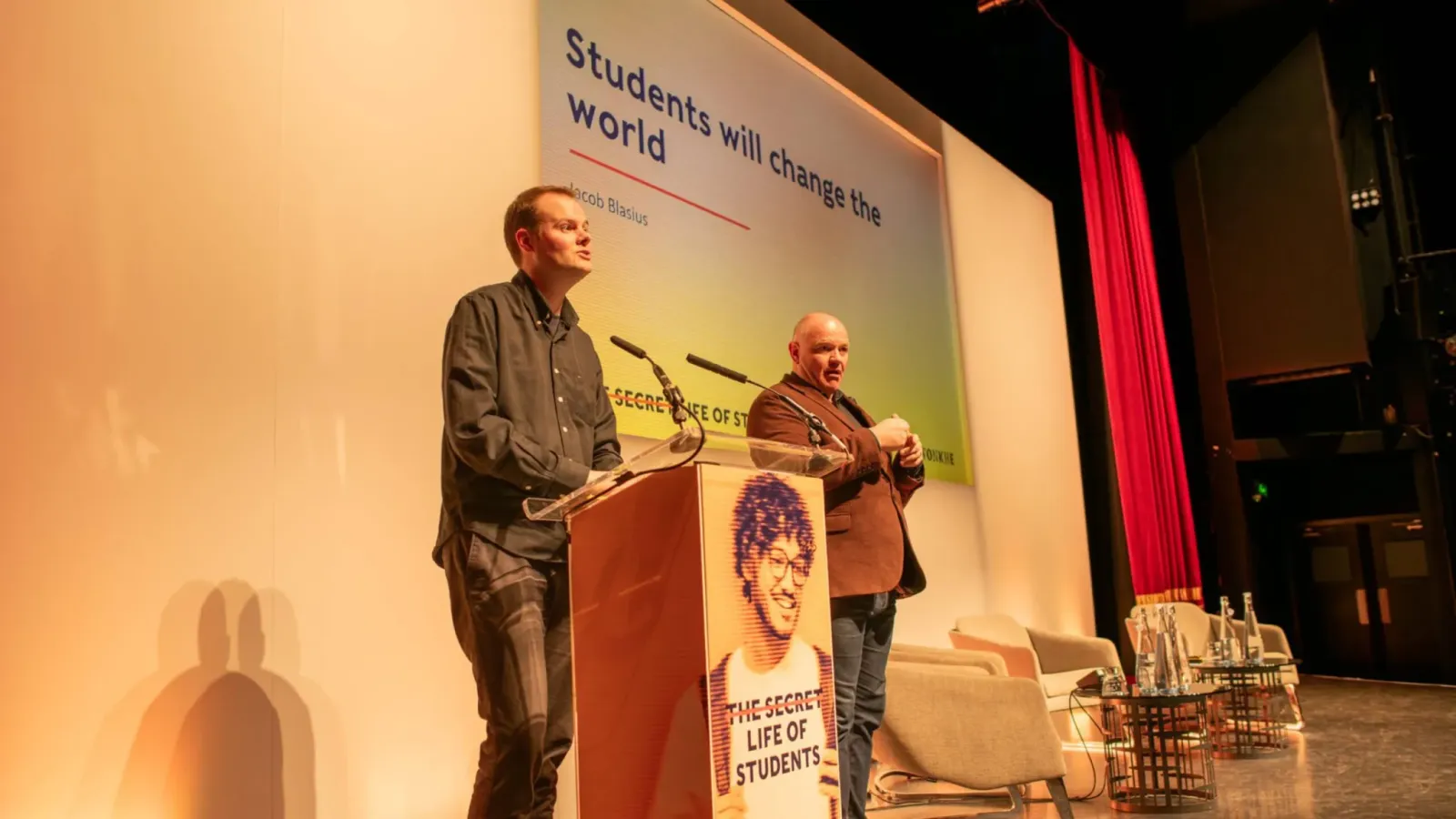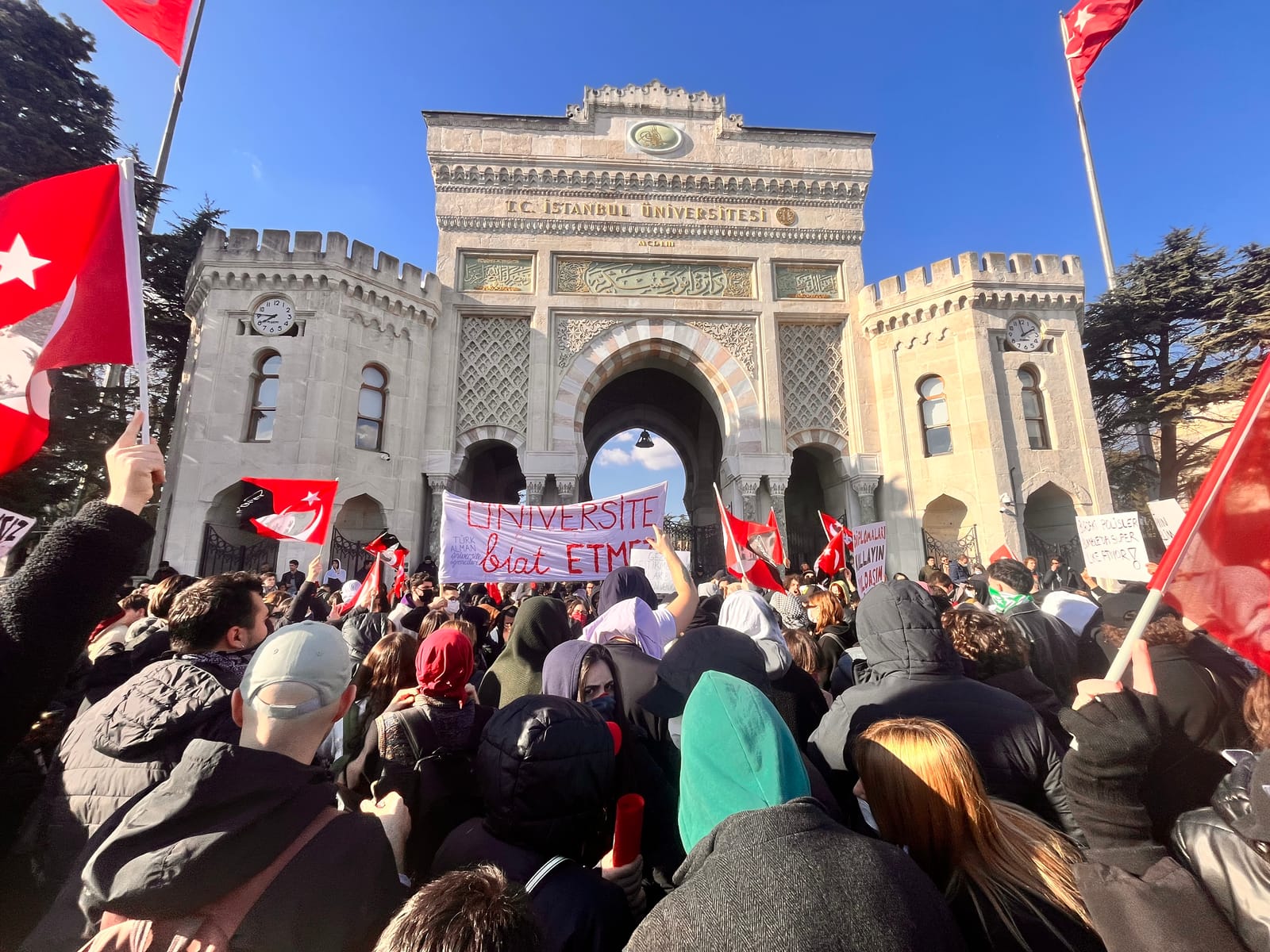At this moment in history, we are reminded of the fundamental human right to education—a right that should be extended to all students, regardless of their backgrounds or circumstances. Refugee students, often displaced by war, persecution, and climate change, face unique and daunting barriers to education. In addressing these challenges, we recognize that providing equitable access to education for refugee students is not only a matter of social justice but a crucial step in building a more inclusive, resilient, and sustainable future.
The situation for refugee students around the world is dire. In many regions, they lack access to the basic infrastructure necessary for learning—schools, trained educators, and educational materials. Additionally, legal barriers, language challenges, peer support systems, and limited access to technology further hinder their ability to pursue an education. This leaves many refugee students, particularly girls, at risk of missing out on learning opportunities, perpetuating cycles of poverty, marginalization, and exclusion.
Education is a powerful tool that can break these cycles. It fosters resilience, empowers individuals, and equips them with the knowledge and skills needed to rebuild their lives and contribute to their host communities. However, for this vision to become a reality, we must address the systemic barriers that refugee students face and ensure that education policies, both at the national and global levels, prioritize their inclusion.
We call on the Summit of the Future to recognize the intersectionality between the refugee crisis and education. The displacement of millions of students due to conflict, violence, and climate change exacerbates existing inequities, and without immediate action, these gaps will only widen. Governments, international organizations, and educational institutions must work together to develop strategies that provide refugee students with free, inclusive, and quality education, no matter where they are displaced.
Financing is a critical component of this effort. Many countries hosting large numbers of refugees struggle to fund their educational systems, let alone provide additional support for refugee students. We urge global leaders to increase funding for educational programs that directly support refugee students, from early childhood education to higher education and vocational training. This funding should also be directed toward capacity building, ensuring that educators are trained to work with refugee students and that schools are equipped with the resources necessary to address their unique needs.
Equally important is the need for legal frameworks that guarantee refugee students the right to education. We must ensure that refugee children are not left behind due to restrictive immigration policies or discriminatory practices. Education is not a privilege but a right, and it must be safeguarded, especially in times of crisis.
As young people, we recognize the profound contributions that refugee students can make to society when given the opportunity. Refugee students bring diverse perspectives, experiences, and strengths that can enrich our communities and drive innovative solutions to the global challenges we face, from climate change to inequality. Yet, their potential remains untapped without access to education.
The Summit of the Future must lead to action. We must ensure that refugee students are not just included but actively supported in global efforts to achieve the Sustainable Development Goals (SDGs), particularly SDG 4—quality education for all. Our collective future depends on it. A future where no student is denied their right to learn is a future where we can all thrive.
In light of the commitments made in actions 7, 37, and 38 of the Pact for the Future, we call on world leaders to stand with refugee students and invest in their education. Let us build a world where every person, no matter where they come from, has the opportunity to learn, grow, and contribute to the betterment of humanity. The time for action is now.
